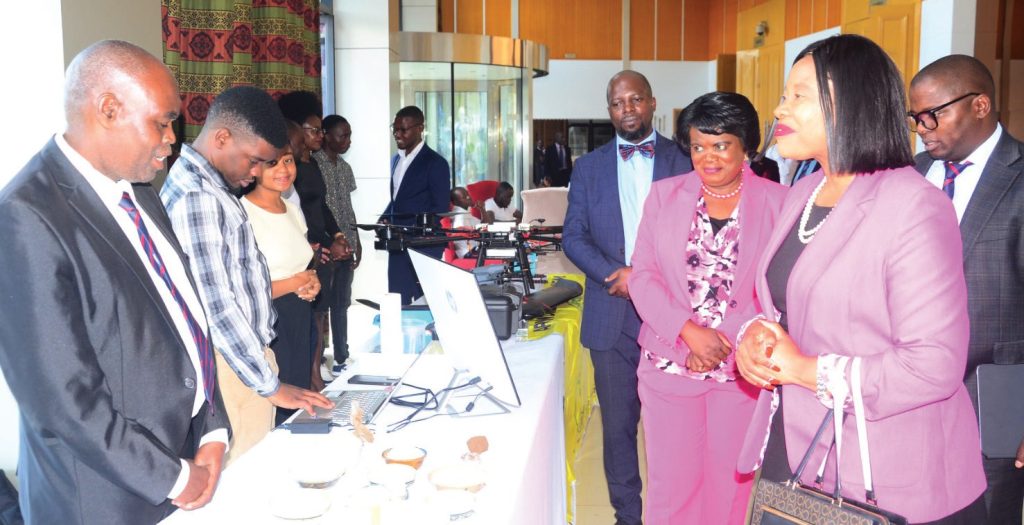Innovative ’varsities key to MW2063—minister
Minister of Education Madalitso Kambauwa-Wirima has dared universities to be innovative and vibrant to help the country achieve Malawi 2063 (MW2063) aspirations to transform into a lower middle-income economy by 2030.
Speaking at the launch of the 2024-30 Strategic Plan of the Malawi University of Science and Technology (Must) in Lilongwe yesterday, she said Malawi and the globe are beset by a myriad of challenges requiring solutions, but for a long time, the country has depended on the west and other countries for solutions which has not taken us anywhere.

Wirima observed that local challenges can best be solved by home-grown solutions and that universities are best suited to lead the process of generating such solutions.
She said: “Universities should engage in real life and impactful research over academic exercises.
“Universities can contribute to the national development agenda by offering solutions to problems industries are facing through research, consultancies, and innovation of modern and advanced technologies that can lead to efficiency in production.”
The minister said universities, especially those running on public resources, should demonstrate their relevance to the nation by being at the centre of solutions.
In his keynote address, National Planning Commission director general Thomas Chataghalala Munthali said Must is central to realising the MW2063 development agenda.
He said: “Must comes central to the Malawi 2063 vision realisation with its unique ‘Big 5’ Strategic Plan pillars focusing on education excellence, technology, innovation and enterprise research excellence, people and society and enabling environment.
“I have made some important observations in the Must Strategic Plan. First, is the careful choice of five pillars that directly talk to the key elements of the human capital development, secondly, is a clear commitment to aligning higher education with the principles of environmental conservation and sustainable development.”
In her presentation, Must Vice-Chancellor Professor Address Malata said the strategy is aimed at providing a cutting edge, relevant, umunthu-centric, pedagogical experience in higher education, research and innovation responsive to societal needs.
“We want to be doing business unusual through forging of unconventional way, empower change makers and challenge norms to create the future. Innovation must be focused and education must extend beyond college boundaries,” she said.
Located in Thyolo District, Must is one of the country’s six operational public universities.





